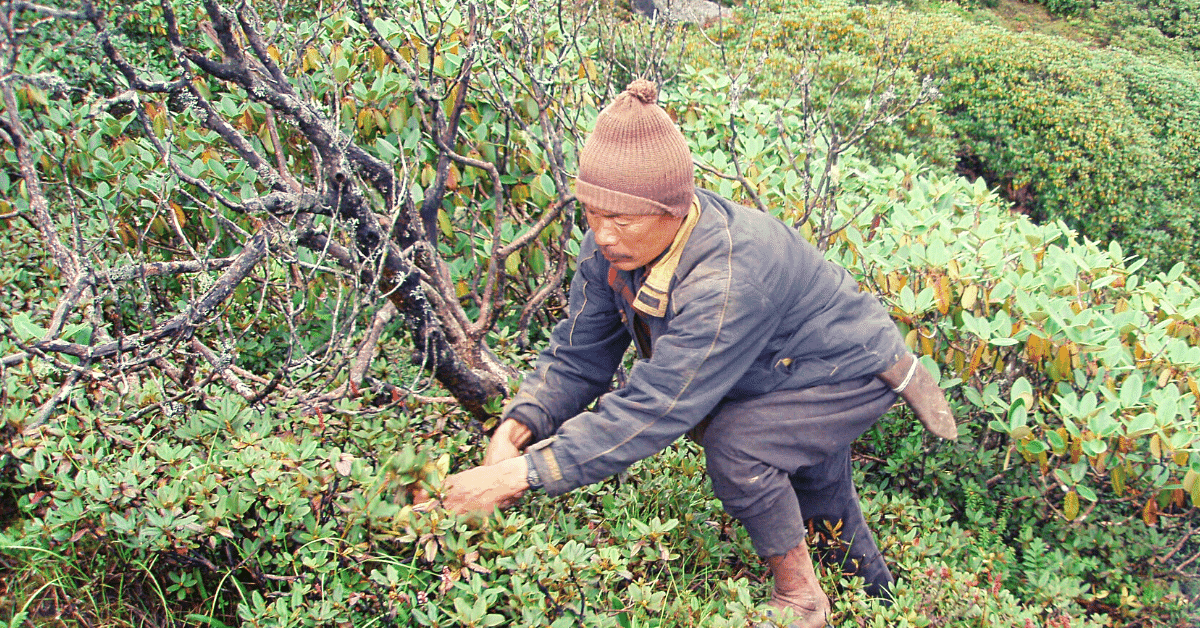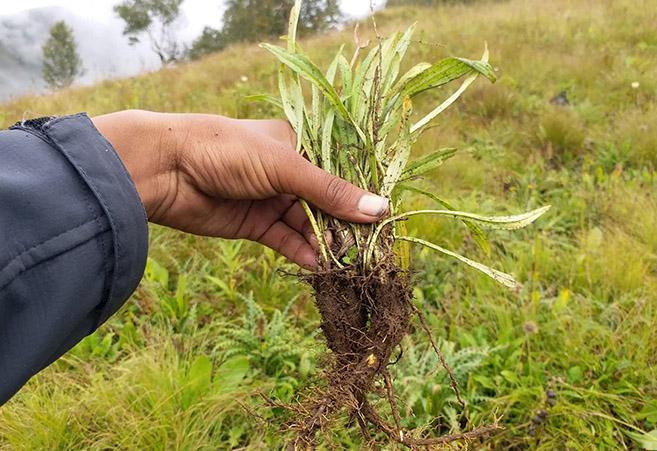Sustainable and equitable trade of Jatamansi
 For the last three years, ProFound´s consultant Jolanda van Hal worked together with our partners TRAFFIC International and ANSAB on the project “Succeeding with CITES: Sustainable and equitable trade of Jatamansi from Nepal”. This project, funded by the Darwin Initiative through the UK Government, just came to an end. Time to reflect on it and share its main achievements.
For the last three years, ProFound´s consultant Jolanda van Hal worked together with our partners TRAFFIC International and ANSAB on the project “Succeeding with CITES: Sustainable and equitable trade of Jatamansi from Nepal”. This project, funded by the Darwin Initiative through the UK Government, just came to an end. Time to reflect on it and share its main achievements.
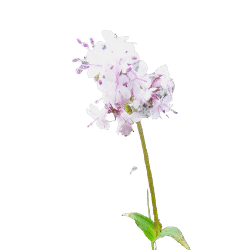 About Jatamansi
About Jatamansi
Jatamansi (Nardostachys grandiflora) only grows naturally in the Himalayan range, mainly in Nepal, India and China. The root of this plant is used in traditional medicine. Its essential oil is also used in cosmetics and aromatherapy. The plant is one of the most commercially used and widely used species in Nepal: each year between 100 and 500 tons of rhizomes are harvested in the high-altitude regions of the Himalayas. At least 15,000 people in the Himalayan region depend on the Jatamansi harvest for 25% of their annual income .
 What is CITES?
What is CITES?
CITES (the Convention on International Trade in Endangered Species of Wild Fauna and Flora) is the main international convention that controls the international trade of endangered animals and plants. As of 2021, 183 governments signed the convention, working together to ensure that trade in wildlife does not endanger their survival.
Sustainability issues of Jatamansi – the link with CITES
Habitat loss and overexploitation of Jatamansi have led to a degradation of the species, which poses problems for the incomes of collectors. This is why Jatamansi was listed in CITES. Collectors and traders need to take strict measures to ensure conservation of the species. However, there are no economic incentives for trade in sustainably sourced CITES-listed species. In addition, local income has been held back by a low value addition, a lack of direct access to international markets and an unclear legal situation around its international trade.
This is where the project ‘Succeeding with CITES’ stepped in. This project aimed to develop a model for sustainable and equitable trade of Jatamansi from Nepal. This model is adapted to local circumstances and based on market demand. It addresses threats to local income and healthcare from biodiversity loss, habitat degradation and declining access to natural resources.
The scope of the project
To solve these issues, the project aimed to improve sustainable harvesting by applying the FairWild standard; address quality and documentation deficiencies; support CITES legislation implementation; and match suppliers to European buyers of sustainable Jatamansi. The project focused on eight community forest user groups (CFUGs) in Mugu and Jumla districts of Northwest Nepal.
ProFound supported the project by conducting supply and company gap analyses; develop a sector value chain and marketing strategy and translate these into recommendations and action plans for Nepalese companies; connecting Nepalese companies to the European market with B2B matchmaking and support development of marketing materials.
Major achievements
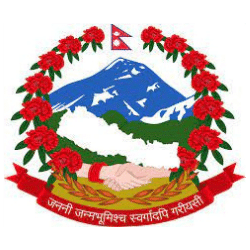 Legislation and CITES implementation
Legislation and CITES implementation
- The project collaborated with the government of Nepal to amend CITES Act and formulate CITES Regulation, to ensure that Jatamansi could again be exported from Nepal.
- The project also provided technical input to preparation for non-detriment findings and 2019 and 2020 CITES quotas.
- It is now again possible to grant export permits for Jatamansi.
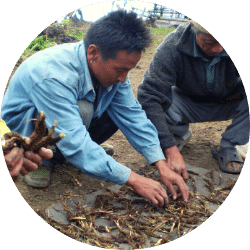 Sustainability
Sustainability
- Extensive training materials were developed on sustainable harvesting (in Nepali) and 14 Nepali trainers received training who then further trained communities. Over 2,000 harvesters received training in sustainable techniques and FairWild standard requirements.
- A resource inventory was conducted for eight community forests that in total cover over 10,000 hectares. The CFUGs for these forests revised their operational plans to incorporate sustainable harvesting and the FairWild Standard.
- Annual allowable harvest volume was determined for Jatamansi and 5 other species, including Neopicrorhiza scrophulariiflora (Kutki) and Fritillaria cirrhosa (Banlasun).
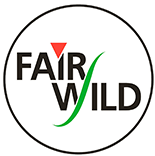 Value addition
Value addition
- The project trained 23 people in target CFUGs on their safe operation and management. Implementation of the FairWild standard was facilitated.
- Two distillation facilities were upgraded in the project area.
Linking to markets
- The project worked with 10 Nepalese suppliers of Jatamansi and other essential oils. ProFound supported these companies by assessing the gaps for them to meet requirements of exporting to Europe. They also received recommendations to develop their marketing strategy and action plans, based on the value chain and marketing strategy for the sector developed by ProFound.

- The project supported implementation and training on FairWild, by organizing a pre-audit and supporting operators to meet FairWild requirements. A remote audit took place in January 2021 and a decision will be made shortly on whether Jatamansi will be certified.
- Direct links to importers in Europe and US were facilitated by ProFound. Two of the companies supported also successfully presented their products at Biofach in 2020.
Webinar ‘Meet the Nepalese producers’
As the project came to an end, ProFound, TRAFFIC, ANSAB, and FairWild organised a webinar to present the outcomes of the project and introduce four Nepalese Jatamansi exporters to the audience.
During the webinar, we highlighted why Jatamansi is such an important product for Nepal´s economy, the expected effects of improving its sustainable sourcing, and the role of the FariWild certification on this matter.
Sustainable sourcing, CITES and FairWild
Do you want to know more about our role in this project? Or do you have questions on sustainable sourcing, CITES or FairWild certification? Don´t hesitate to send a message to Jolanda van Hal.

